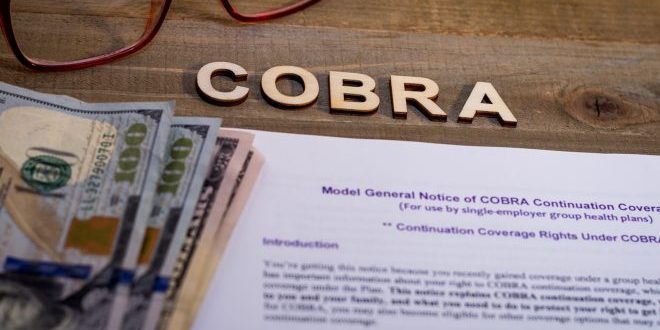It goes without saying that health coverage is one of the key benefits that employers can provide for their staff members this COBRA compliance for small businesses is very important. Employers that invest in group health plans give their employees an opportunity to take care of their fundamental medical needs, to better focus on their work. As a result, employer-sponsored health insurance plans benefit not only employees but also employers and society as a whole.
The major part of employer-sponsored group health plans must comply with the Employee Retirement Income Security Act (ERISA), a federal law that establishes standards to guard employee benefits. One of the protections covered by ERISA is the right to COBRA continuation coverage.
What exactly is COBRA?
If your small business has 20 or more employees, COBRA compliance is likely non-negotiable.
COBRA, an acronym for the Consolidated Omnibus Budget Reconciliation Act, is a health insurance program that enables eligible employees and their dependents to use the continued benefits of health insurance coverage when an employee loses their job or experiences a reduction in hours. Health insurance coverage from COBRA extends for a period of 18 or 36 months, depending upon the case.
Who is eligible for COBRA continued coverage?
In a nutshell, eligibility for COBRA means being qualified to obtain continued benefits from your employer’s health insurance plan as a result of certain circumstances. Generally, if an employee was formerly enrolled in health insurance coverage in a company for at least one day, the employee is eligible for continued coverage. These individuals are referred to as qualified beneficiaries. Not to mention, this can apply to staff members who left their job either voluntarily or involuntarily. Again, if a company has the equivalent of 20 or more employees, they are legally required to offer their employees COBRA coverage.
In addition, employees aren’t the only ones who are eligible for COBRA coverage: a covered employee’s spouse as well as dependent children may also qualify for it.
Also, in some cases, retired employees may be considered as qualified beneficiaries. It’s important that an employer carefully reviews and understands these rules when considering whether someone should be provided with continued COBRA coverage.
Termination of COBRA coverage
In most cases, continued COBRA coverage terminates at the closure of the maximum coverage period. That is why employers need to thoroughly keep track of the duration of this period to make sure coverage is terminated at the right time.
Still, COBRA coverage may be terminated for other reasons. One of them is the failure of a qualified beneficiary to make timely premium payments. Also, it can happen when an employer stops offering group health plans to any employee, or if the qualified beneficiary becomes covered under a different group health plan.
Bottom Line
As a small business, you must not only comply with federal laws but also do it in the most efficient and cost-effective manner to keep it from affecting your business negatively. Following COBRA laws, providing your employees the right communications, and offering plans that mirror your group health insurance plans are the best ways to stay COBRA compliant and keep your business moving forward.
SW HR Consulting has been helping companies to build their teams and values for over 10 years. Contact us to find out more about our unique hr outsourcing services and see how our expertise can benefit you.







